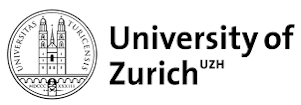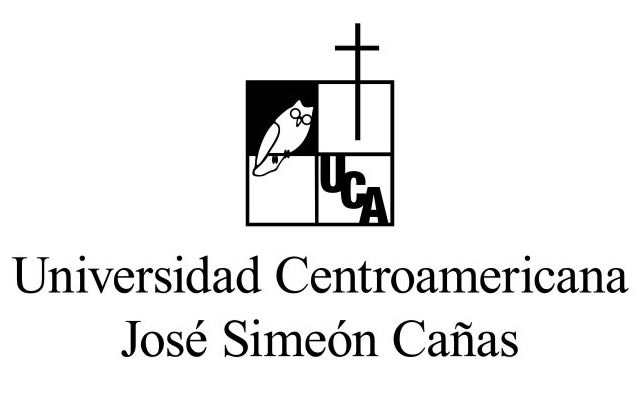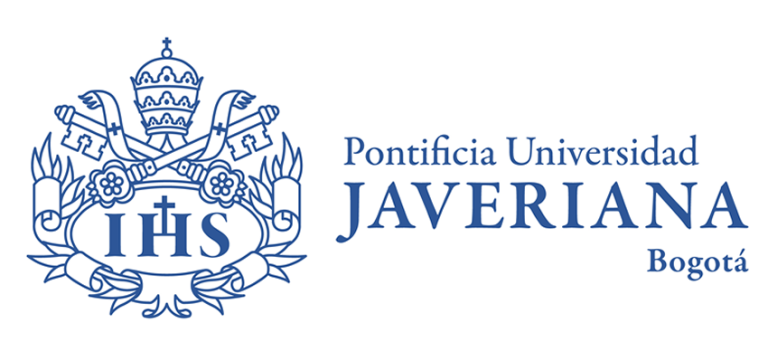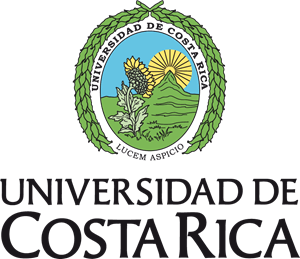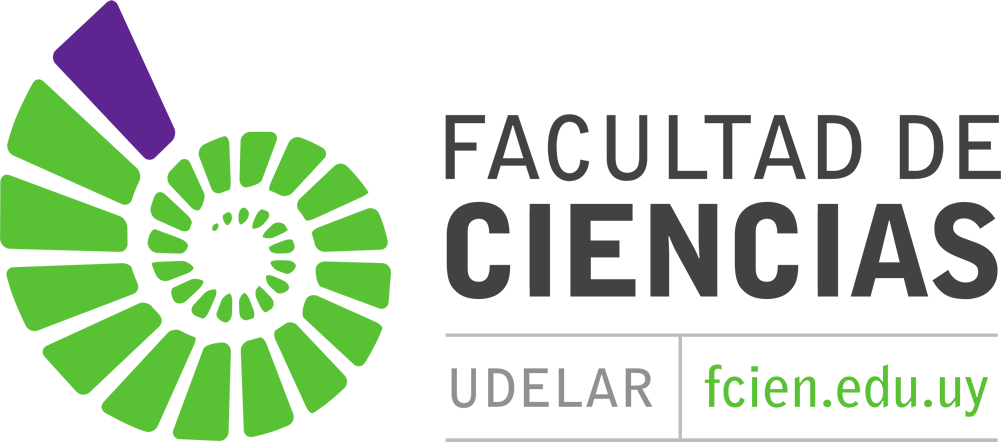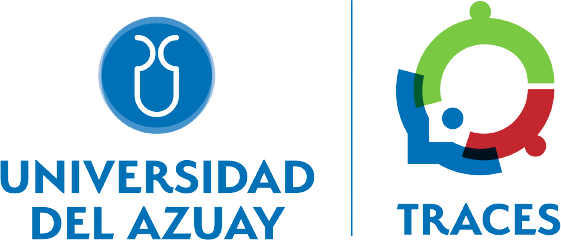-
Recibe en tu correo
Información
Te enviaremos análisis críticos y perspectivas interdisciplinarias sobre ecosistemas, cambio climático y desarrollo sostenible en los Andes Tropicales – América Central.
-
-
Entérate de
Actividades y eventos
Conéctate A+ te invita a ser parte de eventos únicos donde podrás colaborar con líderes en investigación y desarrollo sostenible
-
Visita nuestras más recientes
Newsletter
Mantente informado y conectado con los avances hacia un futuro sostenible
⚠️ AVISO IMPORTANTE: A partir del 29 de diciembre de 2025, la nueva dirección web será www.conectatecloc.org
⚠️ IMPORTANT NOTICE: As of December 29, 2025, the new website address will be www.conectatecloc.org
Nosotros
¿De qué se trata esta red?
Meta
Alcance
Esta red:
- Propone una nueva forma de colaboración académica interdisciplinaria Sur-Sur y Norte-Sur entre instituciones de investigación de Suiza y la región de los Andes+.
- Articula los hallazgos más relevantes y los debates vigentes sobre desarrollo sostenible y gobernanza ambiental en la investigación académica en la región Andes+.
- Produce conocimientos fiables sobre el desarrollo sostenible y la gobernanza ambiental en la región Andes+, el cual enfatizará la articulación entre el conocimiento y la acción en procesos clave de toma de decisiones e implementación de políticas.
- Contribuye con los procesos de formulación y aplicación de nuevas estrategias y proyectos de desarrollo sostenible.
Conéctate A +
La Región Andes Tropicales y Centroamérica
En los últimos años, ha surgido una nueva imagen de los Andes tropicales y de Centroamérica que enfatiza la complejidad de las formaciones sociales y de la diversidad ecológica presente en estas dos regiones.
Esta nueva mirada se articula con recientes avances teóricos y metodológicos que favorecen la interacción sinérgica entre campos afines de las ciencias sociales y naturales. Este contexto ha favorecido que se den importantes avances en la comprensión de las barreras que impiden alcanzar este objetivo. Sin embargo, lograr el desarrollo sostenible sigue siendo un reto pendiente en América Latina y, específicamente, en la región de los Andes tropicales y América Central (Andes+). Sin negar los avances logrados hasta hoy, varios estudios destacan que las medidas implementadas en la región han tenido un enfoque temático antes que integral. A pesar de ello, una serie de iniciativas implementadas en la región a través de un conjunto de redes de investigación y comunidades de práctica localizadas en áreas de montaña, interesadas en las variables socio ecológicas del desarrollo sostenible, han ido en contra de esta tendencia y muestran resultados importantes.
En general, este contexto revela la necesidad de consolidar los esfuerzos en curso en la región Andes+ para superar las barreras que impiden la implementación exitosa de políticas de desarrollo sostenible. En particular, es necesario generar oportunidades que permitan la colaboración y articulación de la experiencia acumulada de estas comunidades de práctica, así como la reflexión crítica sobre los retos del desarrollo sostenible en la región Andes+.
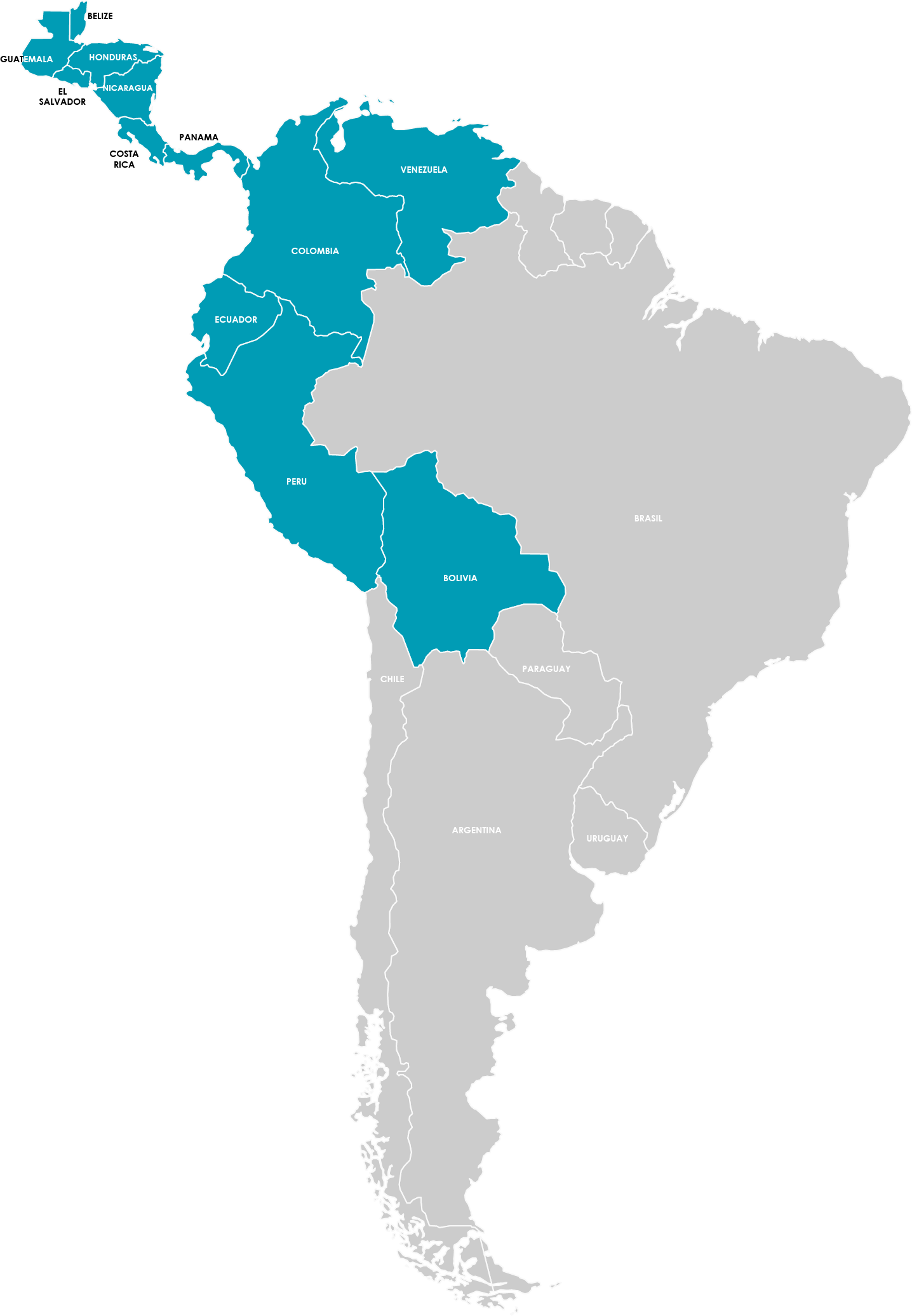

Actividades principales
Promover investigación colaborativa e integradora, incluyendo intercambios ciencia-política
En el corazón de Conéctate A+ está el trabajo colaborativo para generar información científica sólida que apoye el trabajo aplicado y la elaboración de políticas. Esto se basa en el reconocimiento de que siguen existiendo importantes vacíos de conocimiento, sobre todo en lo que respecta a la interacción de las dinámicas sociales y ambientales que influyen en los resultados de la sostenibilidad. La red promueve el desarrollo de síntesis de conocimiento a través de becas de investigación, y facilita la formación de nuevos consorcios o alianzas de investigación.
Fortalecimiento de los vínculos entre los socios suizos y los socios de la región de los Andes Tropicales y Centroamérica
Conéctate A+ promueve la investigación y la innovación sobre los desafíos globales, reforzando la colaboración entre las instituciones de enseñanza superior suizas y los socios del Sur Global. En este contexto, pretende aumentar la colaboración entre centros de investigación en la región Andes Tropicales y Centroamérica con las universidades suizas, buscando la complementariedad en términos de enfoque temático, áreas geográficas de experiencia y nuevos mecanismos de investigación colaborativos. Entre las principales estrategias implementadas está el fomento de intercambio entre socios, promover espacios regionales ciencia-política, diseñar/implementar mecanismos para involucrar a los estudiantes suizos en proyectos de investigación en la región de los Andes Tropicales y Centroamérica y viceversa.
Comunicación de los avances y resultados de Conéctate A +
Una importante función operativa de la plataforma es servir de centro de comunicación en relación con las iniciativas de investigación, acción y política que trabajan en la intersección de la sostenibilidad, el cambio climático, los ecosistemas y la salud. Para lograrlo, los esfuerzos se orientarán en identificar y comunicar información relevante a un público más amplio que de otro modo podría permanecer fragmentada o subutilizada. Para ello, utilizamos diversas estrategias como boletines mensuales, webinars, publicación de investigaciones, noticias en la web y la promoción de espacios de intercambio con tomadores de decisión.
Coordinación y gestión de la plataforma Conéctate A+
El equipo de Conéctate A+ trabaja para fomentar la articulación y la comunicación entre los socios, y prestar apoyo operativo a las actividades previstas. Las principales tareas transversales corresponden a la búsqueda continua de financiamiento externo, publicaciones y oportunidades de investigación relevantes para cumplir el objetivo de la red, con énfasis en las oportunidades de colaboración entre socios.







